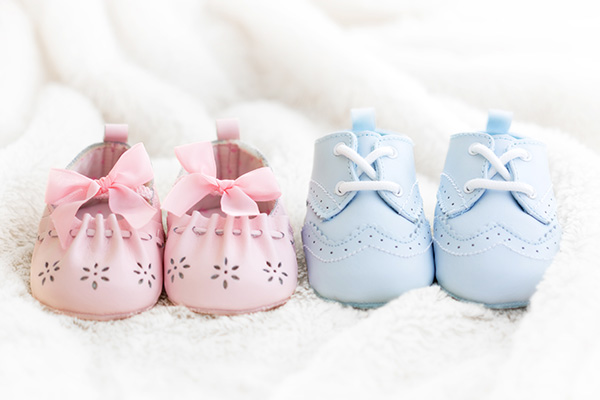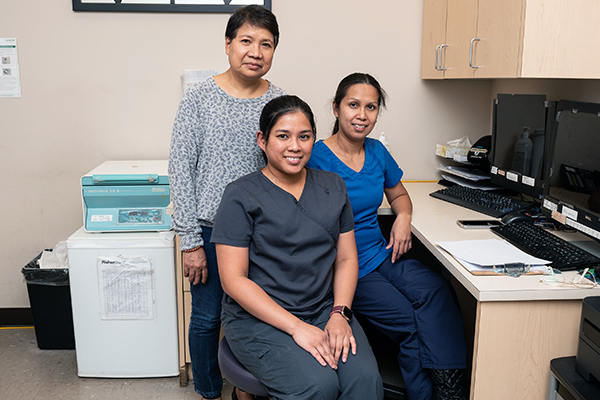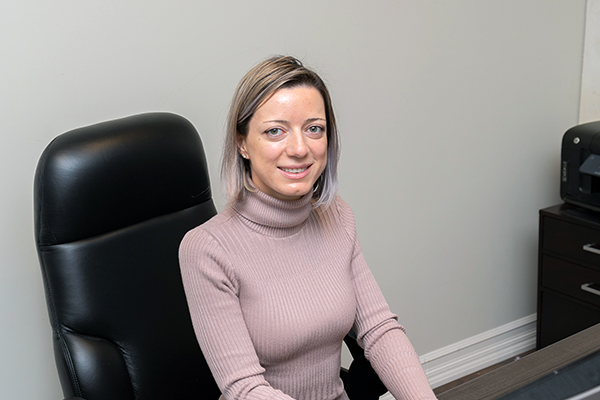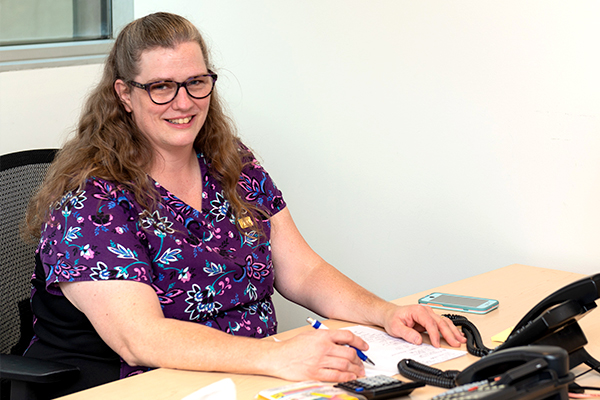
Did you know?
Some women choose to delay child-bearing for various reasons; you haven’t found the right partner, you are advancing your career, or you just aren’t ready. In recent years, a new option has become available, called “Social Egg Freezing”. This is a procedure by which a woman undergoes an IVF treatment cycle, and the eggs are frozen (vitrified), instead of being fertilized immediately by her partner’s or donor’s sperm. The frozen eggs can then be stored for up to 10 years for future use, when a partner is found and conception does not occur naturally, or if fertilization is later desired in order to become a single mother by choice.
It is important for patients to be aware of the limitations of this procedure:
- The procedure offers the most benefit if you are under 38 years of age.
- The survival rate of thawed eggs is variable, but typically is about 80 - 90%.
- These thawed eggs should be fertilized by ICSI and fertilization rates typically vary between 70 - 80%.
- After fertilization, frozen eggs usually yield fewer blastocysts than fresh eggs.
- To date, although the data are limited, the pregnancy rates are similar for frozen and fresh eggs, once the embryos are transferred.
- The age at which a woman’s eggs are frozen impacts the likelihood that they will improve her fertility.
- One frozen egg from a woman over 38 years of age yields a 2 - 12% chance of a baby, and this chance drops further with increasing age.
- Ovarian reserve testing should be done in an attempt to predict the woman’s response to stimulation during a treatment cycle.
- With a low ovarian reserve, there is the possibility of a low yield during stimulation for IVF.
- There is a chance that more than one IVF treatment cycle may be required in order to obtain the number of mature eggs that is desired.
- There are risks associated with the medications used in IVF, the procedure of IVF and also in delaying pregnancy until later, especially if over 40 years of age.
- There is no guarantee that the frozen eggs will produce a viable pregnancy, and the opposite is also true, that there may not have been a need to freeze eggs at all in order to conceive later.
- There are alternate options to egg freezing, such as, embryo freezing, adoption, or using an egg donor if necessary later, at the time of wanting to conceive.
To be given a 75% chance of a live birth:
For a 34 year old woman,
10 eggs need to be frozen
For a 37 year old woman,
20 eggs need to be frozen
For a 42 year old woman,
61 eggs need to be frozen
Egg Freezing
Once it is identified that social egg freezing is the desired method, a referral to a Specialist from a primary care physician or another doctor will be necessary.
Consultation
Testing Phase
Results
IVF cycle








